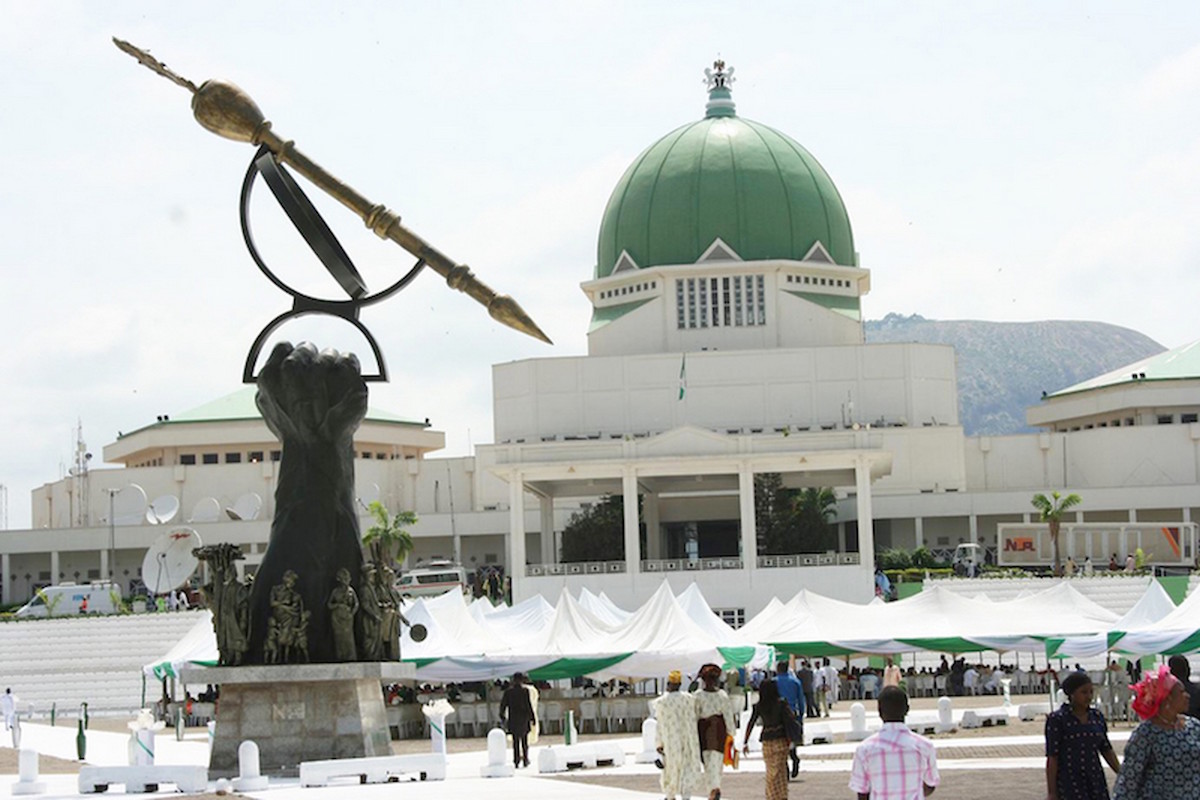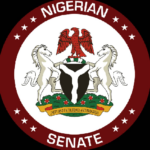Paradoxically, Nigerians are busy discussing whether or not there is need for a “national dialogue!” It’s not as if people aren’t talking, far from it, there is a cacophony of voices bandying about provocative threats, ethnic insults and conflicting advice on how government can remedy the collapsed economy and shameful security situation.
The National Assembly (NASS) which is supposed to pick up the baton is busy living up to their well-earned reputation for placing personal interests above national duty. Both the Senate President Ahmed Lawan and Speaker of the House of Representatives, Femi Gbajamiala have made it clear that they support the Presidency’s efforts, are satisfied with the situation and see neither cause for alarm nor need for dialogue. Their fawning subservience aside, the undisclosed plans the Presidency may want to implement to reverse the nation’s declining fortunes, cannot succeed if the general populace isn’t on the same page. Every well-considered and successful plan includes input from critical views. Failing this, there is a grave danger of the planners mistakenly believing that the impossible is possible.
- COAS, others’ death: Remain strong, CDS tells troops
- Aggrieved Niger residents block Abuja-Kaduna highway over series of kidnappings
The entire country has degenerated into a theatre of anarchy and mindless bloodletting, yet the current administration exhibits no interest in taking alternative opinions or strategies on board. The urgent need to reassure the public that everything is under control, or at least going according to plan is being neglected. Nations facing adversity, challenges and setbacks, expect leaders to “get with the game” of standing up to rally their countrymen behind a well-articulated plan. President Buhari’s refusal or inability to perform the routine task of addressing Nigerians on the dire situation has been described by the Peoples Democratic Party’s (PDP) spokesperson as portraying indifference, arrogant disdain, or incapacity. Indeed, they accused him of outsourcing presidential responsibilities to spokespersons. Truthfully, to all intents and purposes, he has been voiceless and invisible at this time of crisis, preferring instead to communicate through unelected political appointees. Nigerians have grown weary of their argumentative, unsympathetic and unchanging monologue comprising mainly insults and poor logic. In their constant self-praise about maintaining the nation’s territorial unity, they ignore the far more important fact that the nation lacks unity of purpose. National unity is supposed to embrace the peaceful co-existence of component ethnic nationalities.
Quite evidently, this hasn’t been achieved, yet somehow this administration sees virtue in celebrating unity in the middle of ongoing nationwide anarchy and ethnic hatred. This has led to increasingly strident calls for dialogue by those who firmly believe that the structurally flawed, crisis-prone artificial contraption called Nigeria can never prosper without vast improvement in standards of governance, electoral processes, education, health, dispensation of justice and policing.
It is, however, wishful thinking to believe that the solution to all these problems lies in some sort of vaguely conceptualised “national dialogue”. As Elder Statesman, Tanko Yakassai pointed out, dialogue has no place in the Constitution and no resolution of any dialogue can be enforceable by law. The object of dialogue isn’t to win arguments rather it’s to exchange opinions in an atmosphere of civility and equality. Dialogue is meant to increase understanding and find a centre ground by setting aside fears, preconceptions and the need to win. It requires casting aside prejudices and listening respectfully to others.
The problem in Nigeria is that prejudices are deeply entrenched and nobody is prepared to listen to opposing opinions. Extreme views and pathological hatred are expressed openly making it difficult if not impossible for civil dialogue to take place. It’s become evident that while some Nigerians want to enforce subjugation to their whims and caprices, others feel abandoned and seek their voices to be heard. Blame for so many citizens feeling ignored lies squarely at the feet of the NASS, which should represent the interests of their constituents, but are busy representing themselves!
The overwhelming majority of Nigerians are fed up with their hubris, fawning inability to hold the executive to account and lack of humanity or sympathy towards the plight of long-suffering Nigerians. Their unjustifiably massive budget and ineffective role in democracy breeds cynicism, indifference and unkindness, as they admire their “cleverness” over kindness and gentleness. Their words represent who they pretend to be, but their actions prove who they really are. Instead of honouring the constitution and serving the nation selflessly, they collude to loot the treasury and free themselves and families from poverty. Legislators know that life could be free and beautiful for most Nigerians if only they conscientiously carry out their constitutional duties. Their opposition to dialogue is understandable, as it would most likely require them to reduce their perks and privileges.
Those advocates of dialogue are missing an important point. This administration shows neither willingness nor the ability to sit down and dialogue with anybody. As such they deny Nigerians the right to live in a peaceful nation where youth have a bright future and the aged are provided with financial security. Nigerians neither ask nor expect much from the government, all they want is simply to live to enjoy collective happiness, not collective misery. The problem isn’t the constitution, which is indisputably defective, it’s the sort of people who occupy high office. Even if there were to be a dialogue, would it explain the Attorney-General of the Federation (AGF) Malami’s weird logic of equating open grazing and trespass to renting stores and accommodation to sell spareparts? Would it provide any explanation for ethnic bias at the highest levels of government? Would it explain why the bulk of terrorism, banditry and insecurity are in the North, but increased checkpoints and military presence are in the South-East? Will it provide any sound reason for the betrayal of the federal character principle in public appointments? As is stands, this administration is refusing to learn from history by dismissing what happened in Ethiopia and Sudan. Dialogue has no role to play in guaranteeing good governance. Government should be left alone to govern or be removed through constitutional processes. If there is any virtue in dialogue, that discussions should not concern how to alter the system unconstitutionally, but how to ensure that those who will be elected as legislators, governors and president come 2023 will be competent, compassionate, intelligent, patriotic and principled.

 Join Daily Trust WhatsApp Community For Quick Access To News and Happenings Around You.
Join Daily Trust WhatsApp Community For Quick Access To News and Happenings Around You.

